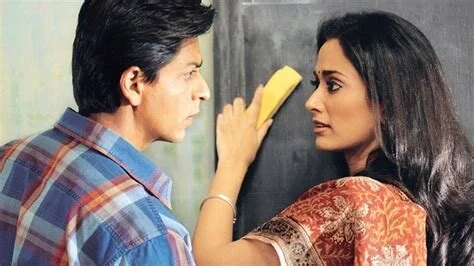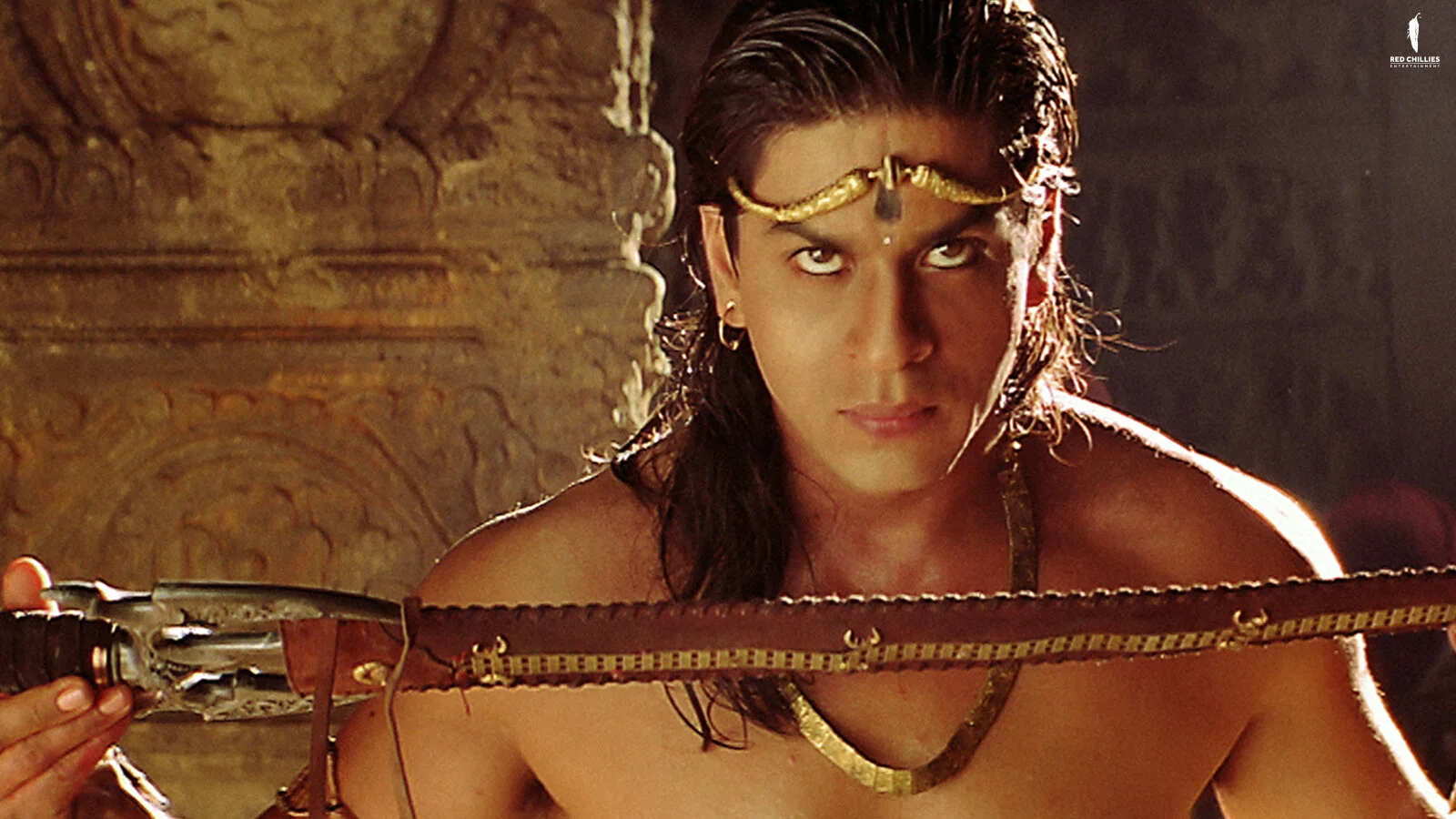Farhan Akhtar's DIL CHAHTA HAI
This refreshing Indian movie, released in 2001, follows three college buddies through love and career experiences in India and Australia. Along they way they fall in love, experience despair and loss, travel constantly by air and by car, experience the delights of carefree youth, have arguments, wear trendy clothes and hairstyles, and do a lot of (delightful) singing and dancing.
Not that a typical Westerner would ever confuse these late-20-ish kids for destitute college kids just starting out with massive loan debt and beer budgets. That's not the point. We're talking escapism here on a grand scale.
What more than rescues this movie, though, is the just plain sparkling look and feel of the people, their gorgeously photographed surroundings, and the hugely entertaining musical song-and-dance numbers that range from kitschy (and charming) 1960's "Bollywood" production number take-offs, to sweetly romantic artist-and-model sessions, complete with silver moonlight and dancing dolphins (!), to disco-style nightclub action.
I have no idea how Indian kids react to this stuff, but I sure enjoyed it, being the sentimental old romantic that I am.
One nice things about this DVD is that it lets you choose to play only the musical numbers one after another. It also displays at the very beginning that this is an anamorphic DVDand that the viewer may want to switch screen display ratios if the picture looks squeezed.
One minor note -- the picture and colors are gorgeous; a lotof attention is spent on color coordination and lighting, both indoors and out. Interestingly, though, there are occasional scratches and streaks on the image, which makes it appear as if the print used in the conversion was new -- but not completely new. It's not enough to complain loudly, but it is a little surprising given how fresh everything else about this film is.


